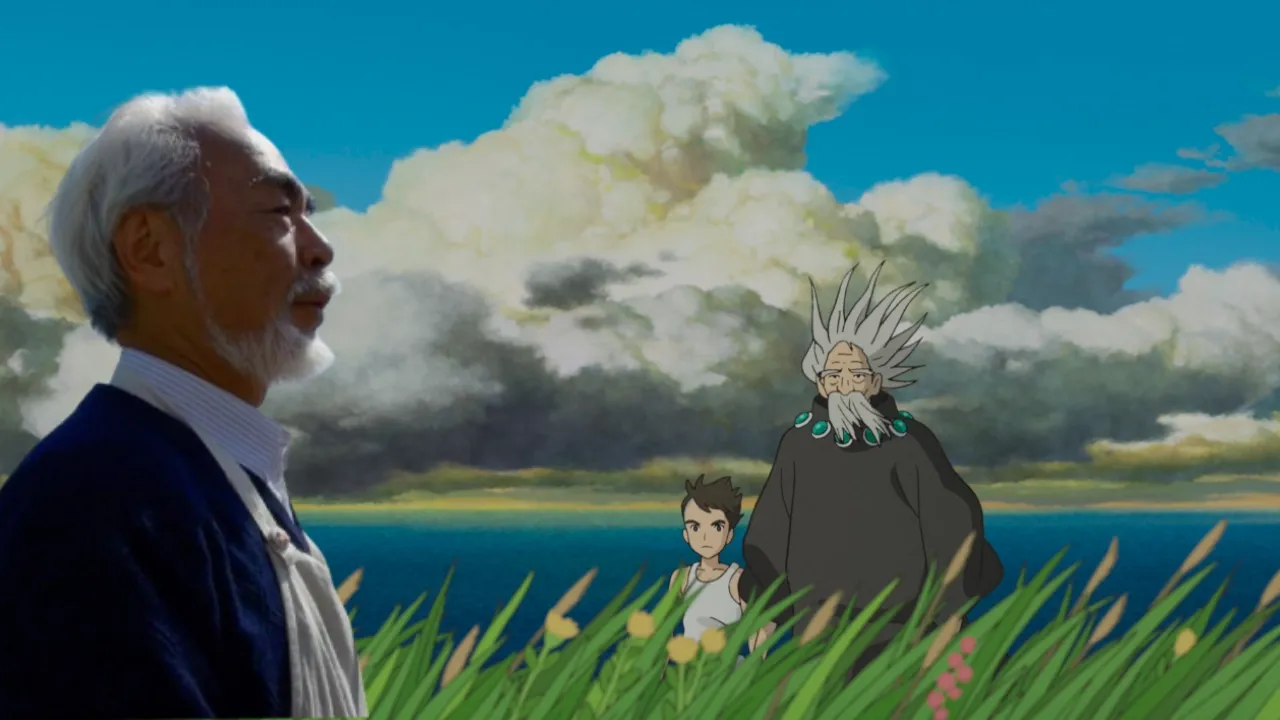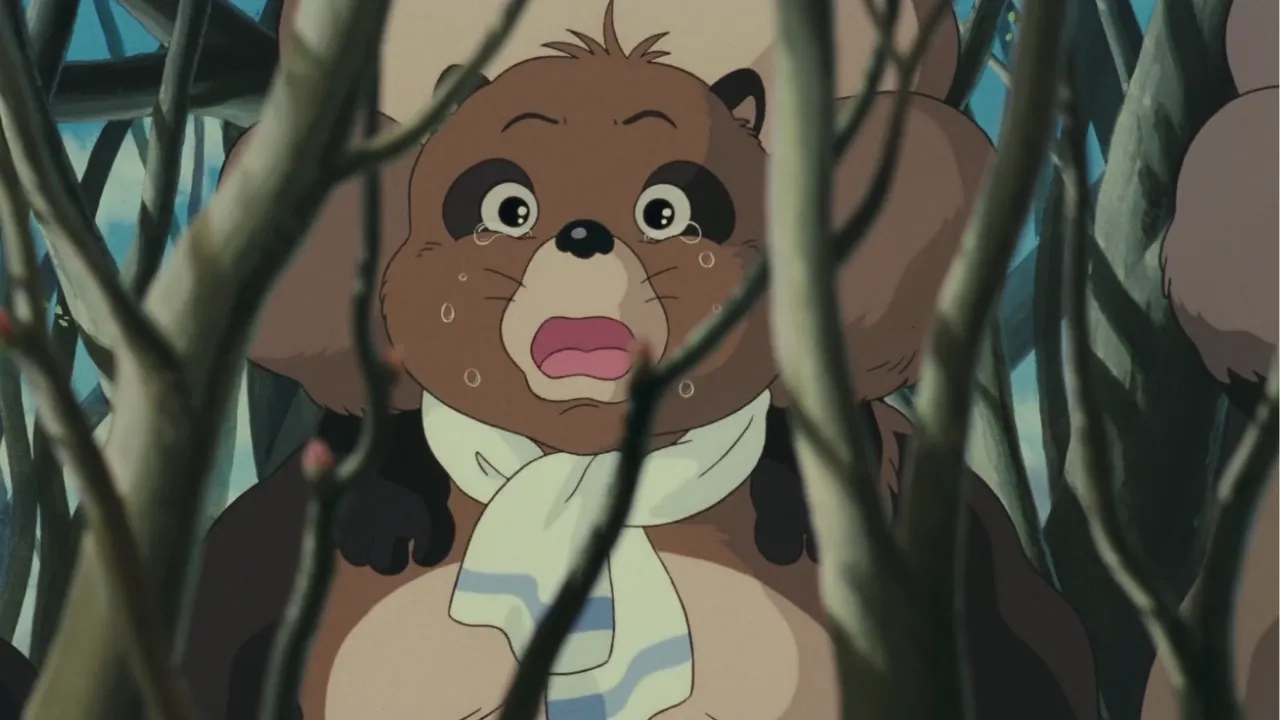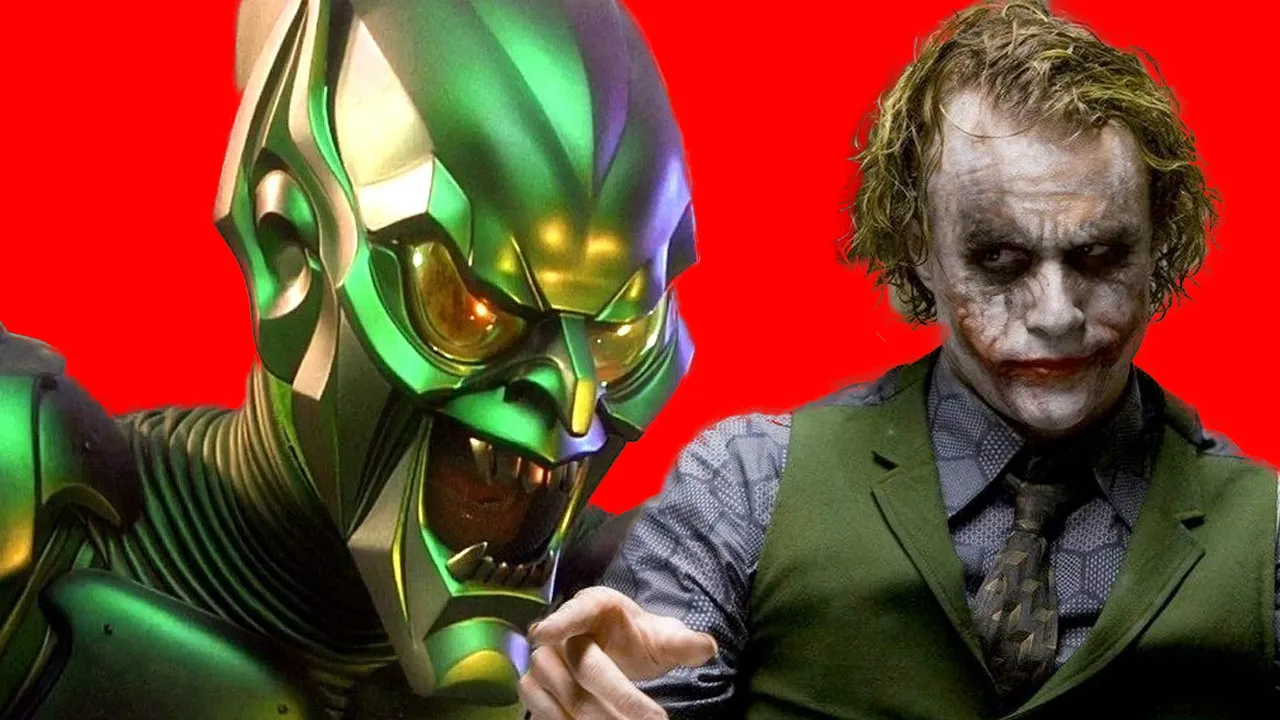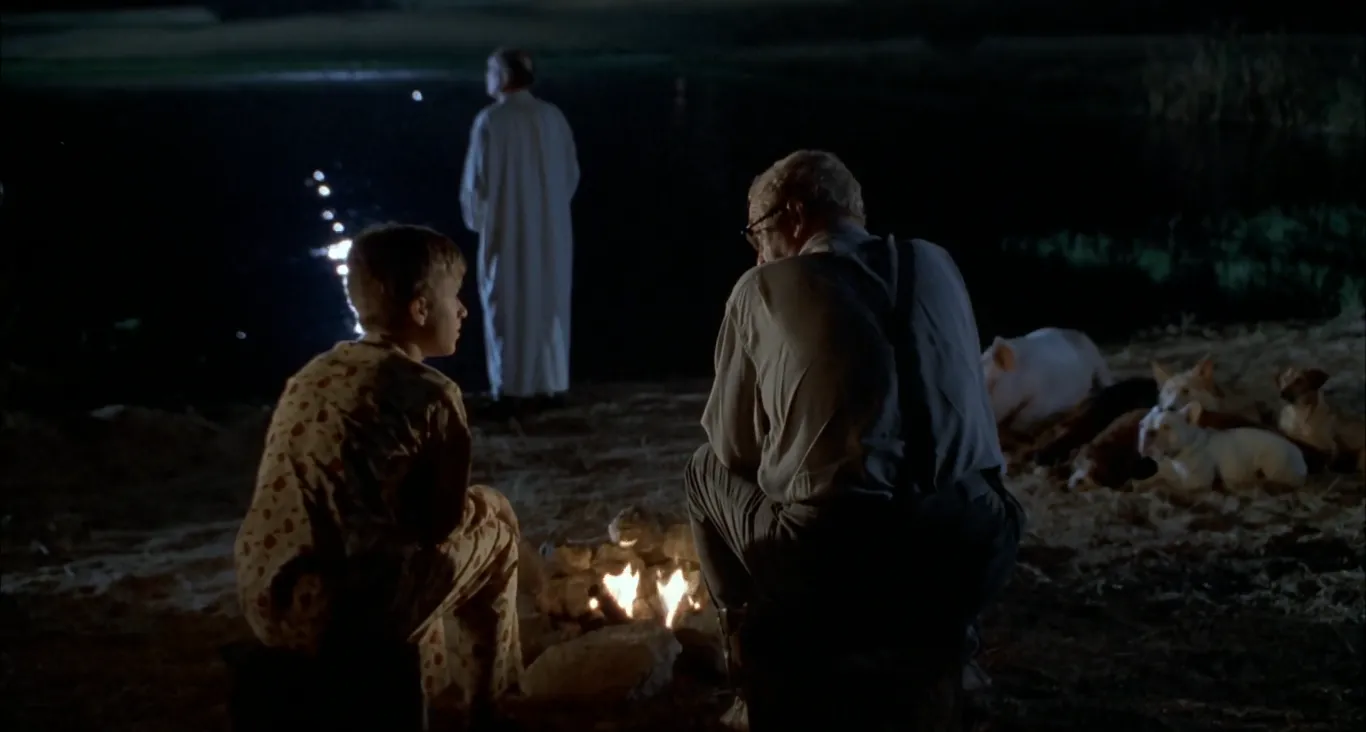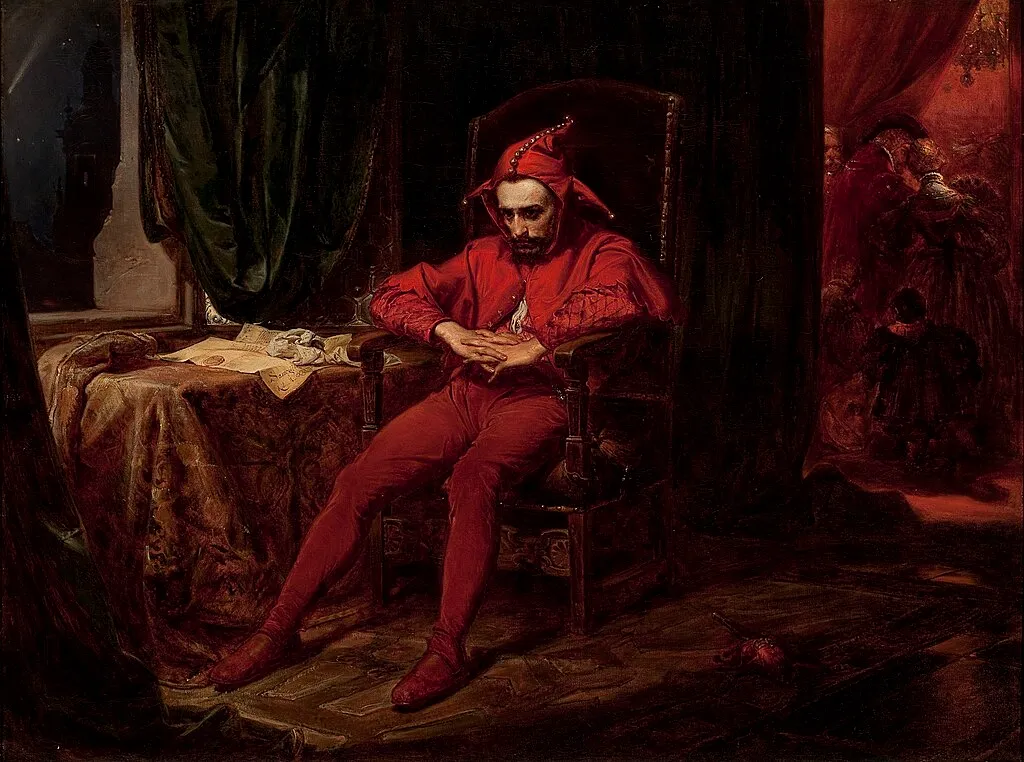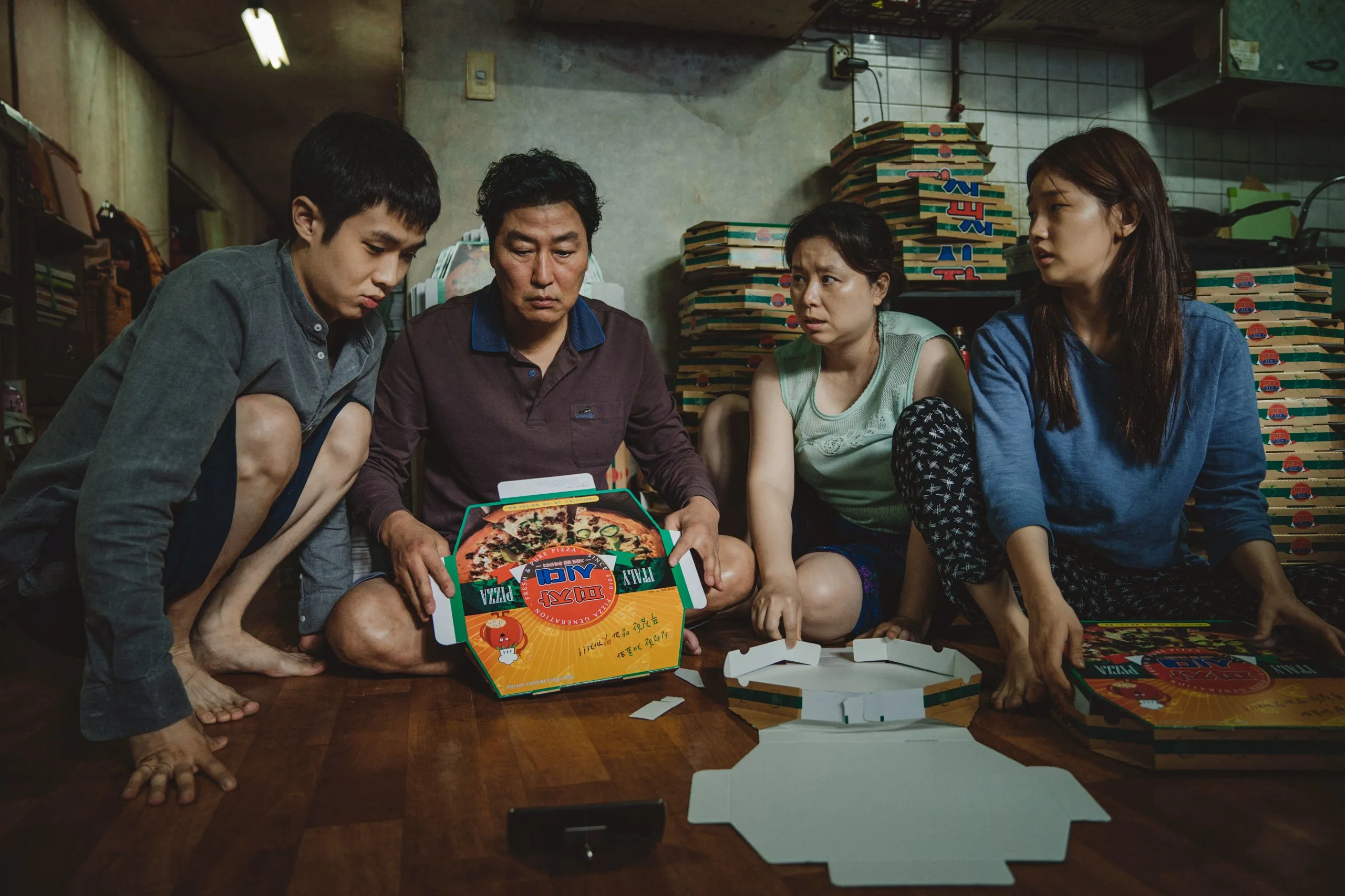It was as if only yesterday, I got the internet connection for the first time and so I wanted to watch movies that would make me cry. I came across one top ten list after searching the exact phrase and it had at the number one spot a title: Grave Of The Fireflies. That was my introduction to Studio Ghibli. I wouldn't watch Only Yesterday for another two years, as it didn't promise me some fantastical and magical story like Spirited Away, My Neighbour Totoro, and Ponyo, neither did it hinted some innocent romance like Whisper Of The Heart and Howls Moving Castle, nor did it assured a story that will make me cry like Grave Of The Fireflies. Only thing I found appealing about Only Yesterday was the 100 percent rotten tomato score, the score only three movies have ever achieved from the Studio, all directed by Isao Takahata.
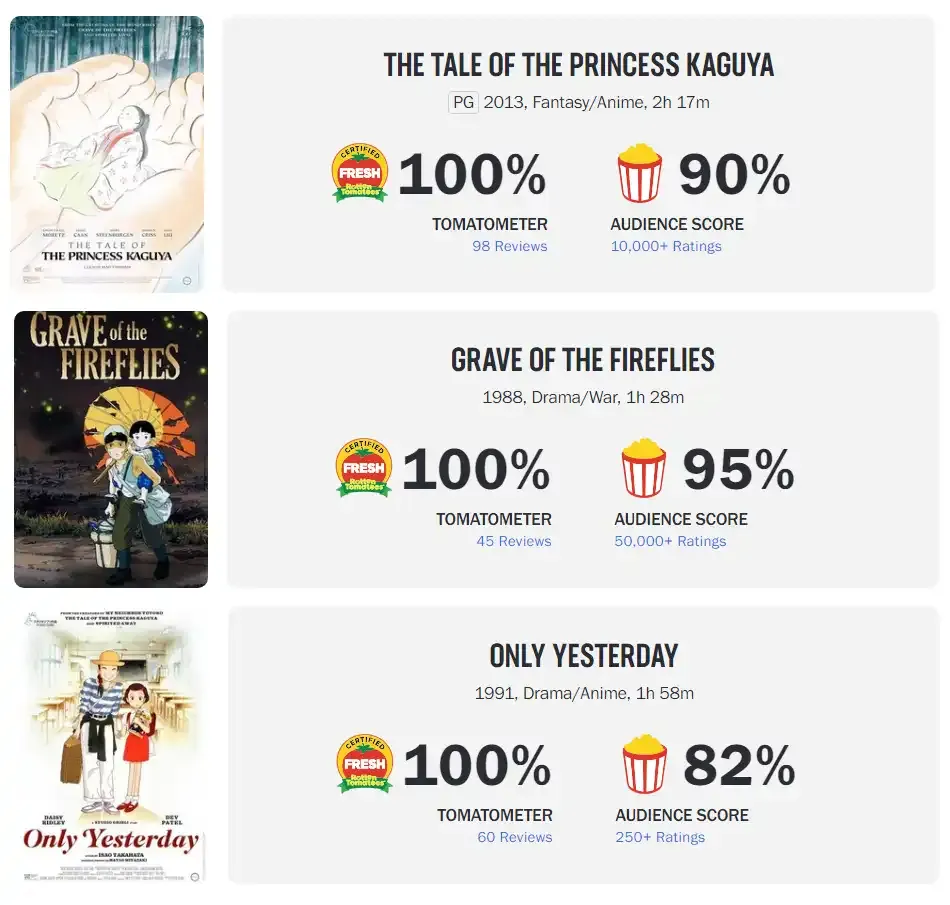
Similar to this quote by Mhairi McFarlane in her book “You Had Me At Hello”, I think there are some characters to whom we can say, “I know it's you. I am going to be like you. Not today. But eventually.”
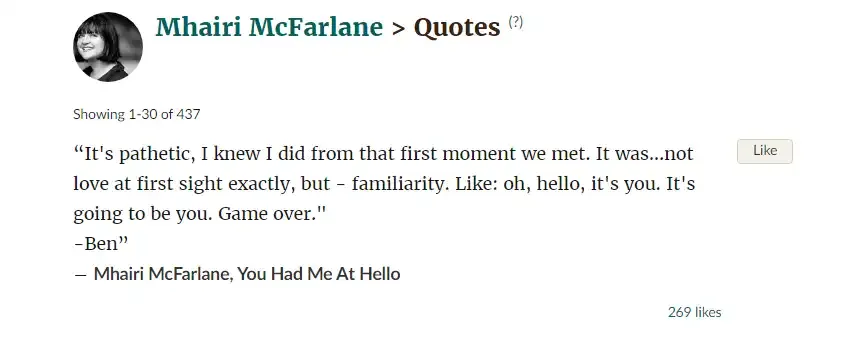
For me, one such character is Taeko from Only Yesterday. She is 27, with a life and a job in the city, but still clueless with no future plan and a chronic longing for something unknown.
Taeko, being 27 and unmarried, keeps rejecting the marriage offer her mother has arranged for her. She still has to figure out what she actually wants and cannot see herself settling down.
Only Yesterday is a story of Taeko's self discovery. Of her making peace with her childhood. Accepting that it’s okay she turned out different than what she thought she would. Of her embracing again the innocence she used to have and the passion to follow her heart.
And no, Taeko isn't a sadistic loner like the phrase, “yet to make peace with her childhood” makes us think. She is actually a happy person. She says her job is alright and likes her life in Tokyo. She has friends. She is close to her relatives and family. She doesn’t zone out and daydream, fantasizing about some different life, unsatisfied and depressed. She is a totally content woman, pleased and healthy.
And yet, she keeps remembering, going back to her 5th grade self. Her 10-years-old-self follows her everywhere. As if there's some secret message she has to decipher from these nostalgic scenes. But her childhood, too, was totally normal and ordinary. There was no such thing as trauma and scar, something to heal from. So why does she keep going back? And why only to her 5th grade phase? Why not before and why not after? What’s so special about when she was 10 years old?
In the movie, Taeko suspects this is because she is once again going through some change. But I think it's like Theodore from a totally different movie, Her (2013), says: Taeko felt everything she has ever felt for the first time in the 5th grade, and afterwards she only felt the smaller version of those feelings. And so, her childhood self is telling her to feel new things, follow her heart and live truly, open her wings.
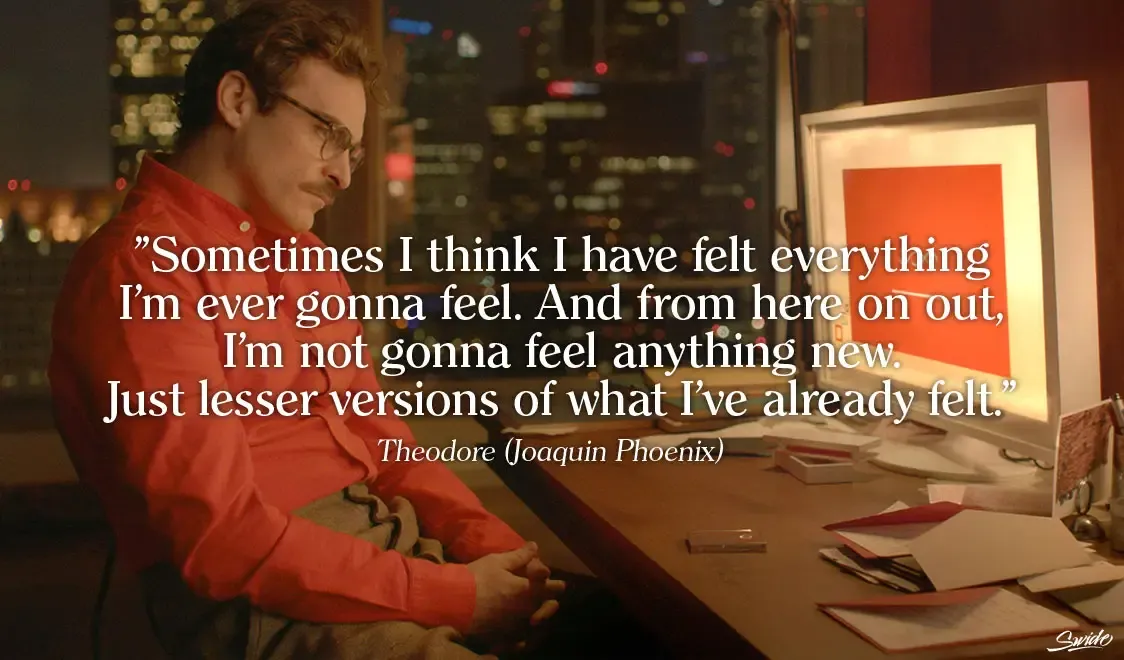
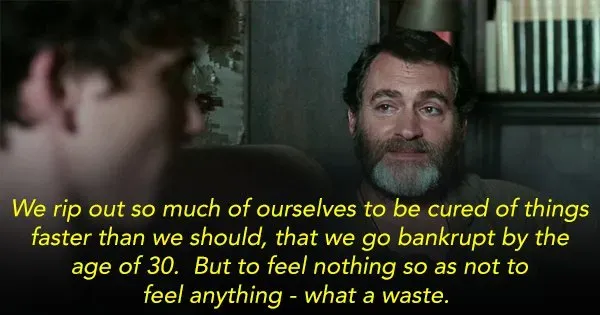
Like Elio’s father says in the film “Call Me By Your Name”, Taeko, too, seems to have ripped her innocence and passion, like we all do in our life unconsciously, to grow up, to be matured, to mix with the crowd, to please others expectations, to be accepted. And now she is stuck with what she has become at present, and the memories of her original self, the 10 year old version, from where everything deviated.
The plot of Only Yesterday isn't extraordinary. It’s simple and honest. Taeko carries what we all carry, the baggage from the past. This baggage isn't heavy for Taeko, it's lighter and fits anywhere. She even shares her childhood memories with other people, Nyoko and Toshio, and connects with them better. They also find her familiar and friendly. Isn't sharing your tales of childhood the highest form of trust and friendliness?
Taeko is totally into the countryside and its simple life. She isn't just interested in it, like how we usually romanticize the things we have never experienced before only to find it boring and hard and not as aesthetic as we thought it would be. She has been spending her precious once-in-a-year holidays going to the countryside, as soon as she got relatives in those places, from her sister's husband's side. And she is going there wearing working pants, to work as soon as she reaches there. She doesn’t even want to rest and take a nap after the long trip from Tokyo.
But she is still full of doubts. Whether she can be a good farmer or not. She hasn’t truly seen farming life. Should she just change her life just because she got attracted to a village during a 10-days holiday? What would other people think perhaps? Her rich family who prefers the city? Is she going to regret it in the grand scheme of time?
And what about Toshio? The guy who seems to untangle her thoughts and remove her confusion and show her different perspectives? Toshio, with whom Taeko wants to shake her hand. Should she start a life with him in the countryside?
At the end of the movie, as Taeko is leaving for Tokyo, her childhood is there once again on the train, but this time, it's guiding her, reminding and showing. She knows now what she wants. She returns back mid way.
As the credits roll and the frame becomes small, she says goodbye to her childhood. She lets go of her friends who all have parted and lead their own life somewhere, who will never come back and be at the same place like they once were.
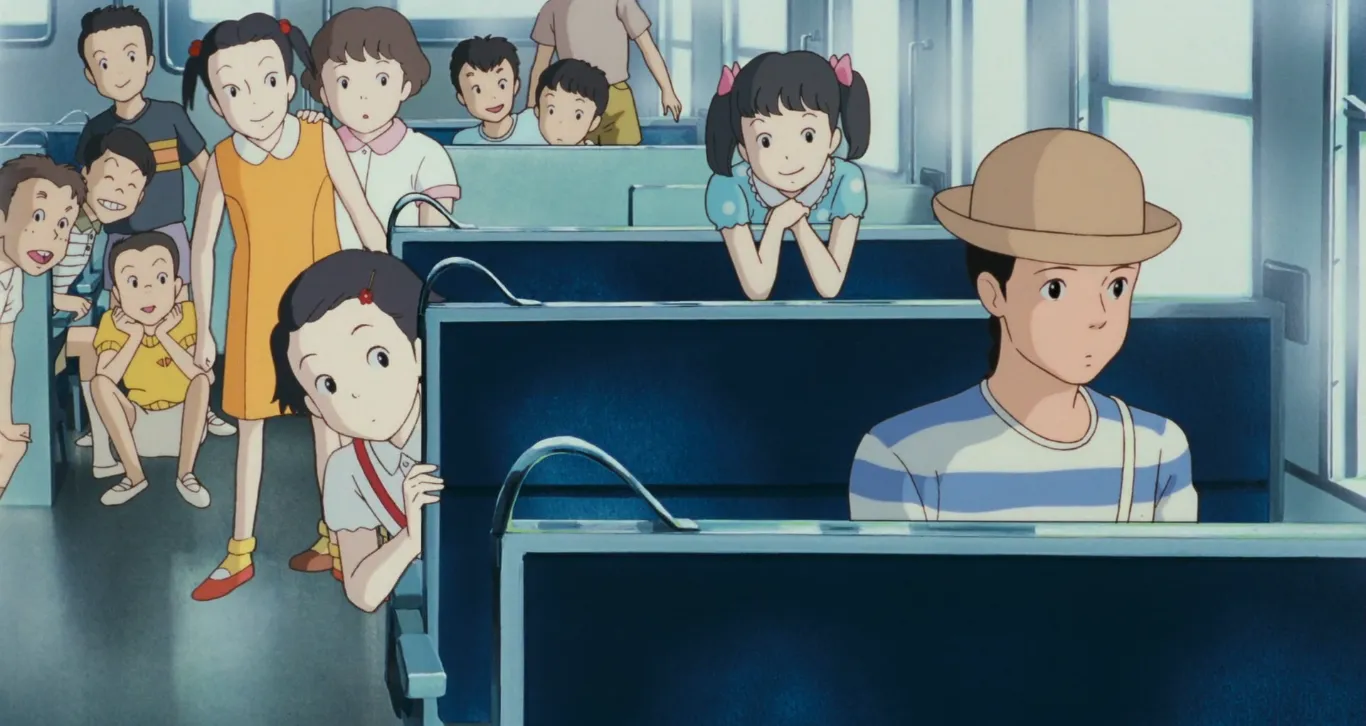
But most importantly, she bids farewell to her own 5th grade self. She no longer needs her to remind her of the innocence and the passion she once possessed, the expectations she used to have. She is going to grow that innocence once again inside her and follow her heart, feel new feelings, and acknowledge that adulthood can be as beautiful as childhood. So she doesn't need her past self walking around anymore.
But of course, we know this isn't a final goodbye. It's not that easy and not possible. Like grief, her childhood memories will envelop her again. It will catch her again on some random sunny day, when she is picking safflowers. The ending suggests that she has made the first attempt to let it go and practice to see beauty in adulthood. Make peace with her childhood. In the future, the memories will overwhelm her again. She will make another attempt then. And it’s alright. That’s all she can do. That’s all all of us can do.

